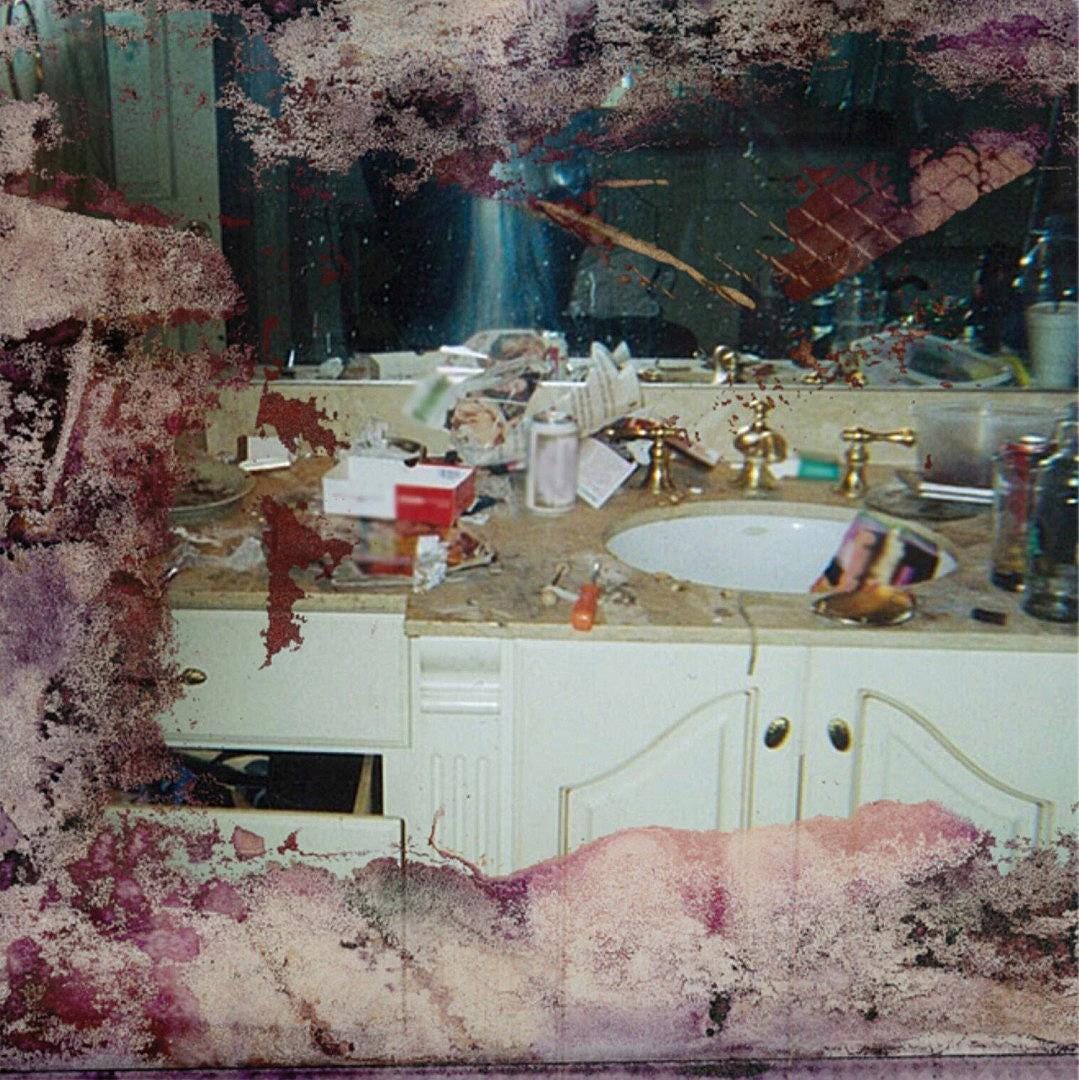An Ode to DAYTONA: Pusha T's Magnum Opus
Eghck!
The year was 2018, and the rap scene required an infusion of authenticity. And then, on May 25, a seven-track treasure trove of pure rap essence was dropped - DAYTONA by Pusha T. This album became a beacon, casting a brilliant glow on the core values of rap music. It eschewed the trend of shallow, radio-friendly tracks, instead serving a concise, potent statement of Pusha's craft, honed over decades of experience.
What really sets DAYTONA apart from its contemporaries is its unapologetic dedication to luxury drug dealer rap. It's not just about braggadocio; Pusha delves into the psychology and trials of the drug trade, painting vivid, brutal portraits of life at the top and the moral complexities inherent in the game. The track "Santeria" is a haunting embodiment of this, with its Spanish-language hook and chilling narrative of retaliation for a friend's death.
Of course, the album is what it is with the meticulous touch of Kanye West behind the boards. Kanye's production is a sonic tour-de-force, framing Pusha's verses with a soundscape as gritty and stark as their narratives. In the track "Come Back Baby," Kanye deftly samples George Jackson's soulful plea, juxtaposing it against Pusha's hard-hitting verses on the highs and lows of his past life, creating a compelling contrast that keeps the listener hooked.
Pusha T, a seasoned veteran of the rap game, truly came into his own on DAYTONA. His lyricism, always a hallmark of his style, reached new heights on this album. "If You Know You Know," the opening track, sees Pusha at his most intricate, weaving together references to his drug-dealing past with sharp social commentary. Confident and biting delivery draws the listener into his world, holding them captive with every bar.
DAYTONA must be understood within the larger context of Pusha T's career and the rap genre. Pusha, who is part of the Clipse, has gained notoriety for his unfaltering depictions of drug dealing. But DAYTONA represents a maturation of his style and substance, culminating in his years in the industry. The bold statement comes from someone who has experienced and survived it all, not just an artist.
Simultaneously, DAYTONA serves as a reminder of what rap can be when stripped down to its core – raw, unfiltered storytelling over beats that hit hard. In an era where mumble rap and viral novelties often grab the headlines, DAYTONA is a refreshing throwback to the golden era of hip-hop but with a modern twist.
The album also marks a notable moment in Kanye West's career. While his personality and antics often overshadow his music, DAYTONA is a testament to his skills as a producer. His work here is a reminder of his ability to craft innovative and evocative beats, perfectly complementing Pusha's lyrics.
As music critics can attest, music criticism can sometimes fall prey to hyperbole. But DAYTONA doesn't need that. The album speaks for itself. This 21-minute rap journey is raw, unapologetic, and reminds us why we fell in love with the genre. DAYTONA captures the essence of everything that's remarkable about rap music and demonstrates Pusha T and Kanye West's lasting talents. This album is more than just a musical offering; it's a definitive declaration that genuine rap, the type that moves you emotionally and intellectually, is alive and prospering.
The closing track, "Infrared," embodies this ethos perfectly. Here, Pusha T trades bravado for introspection, offering a critique of the current state of hip-hop and his place within it. His words, underscored by Kanye's haunting beat, echo long after the song ends. It's a suitable ending for an album that serves as both a critique of the rap industry and a display of Pusha's abilities.
DAYTONA also acts as an emblem of artistic integrity in a genre often criticized for its commercialization. Each track reflects a dedication to craft over trends and substance over style. The album's brevity, far from being a limitation, becomes its strength, allowing it to deliver a focused, uncompromising vision of rap.
Beyond its cultural context, the music itself on DAYTONA is a sonic delight. Kanye West’s grimy and minimalist beats serve as the perfect backdrop to Pusha's rhymes. "Hard Piano" is a shining example of this, its haunting melody providing the perfect counterpoint to Pusha's hard-edged verses.
Simultaneously, Pusha T’s delivery, filled with conviction and grit, draws the listener in. His verses, dense with clever wordplay and vivid imagery, demand and reward multiple listens. In "The Games We Play," for example, Pusha's intricate rhymes weave a tale of life in the drug trade, his words painting a picture as compelling as it is unsettling.
In the end, DAYTONA is a testament to the potency of rap when it stays true to its roots. It's a beacon of authenticity in a sea of disposability, a reminder that rap, at its best, is about storytelling, wordplay, and beats that make you feel something. Kanye West's producing skills are reaffirmed, Pusha T returns triumphantly, and rap's essence is celebrated. With DAYTONA, Pusha T didn't just release an album; he made a statement that will resonate in the rap world for years.


